
Facebook just made death a little less scary.
Facebook announced Thursday a policy that allows you to designate a “legacy contact,” who’ll be allowed to “pin a post on your Timeline” after your death, such as a funeral announcement. The contact won’t be able to log in as you or read your private messages, but will be allowed to respond to new friend requests, update your cover and profile photos, archive your Facebook posts and photos.
Before, the Facebook profiles of the deceased could only be “memorialized,” deleted or left unchanged after friends or family reported the deaths. Memorializing the profile involves freezing the account, which then no longer appears in searches or public notifications like birthdays, and can be viewed only by the user’s friends.
Here’s how to designate your legacy contact: go to Security and click on “Legacy Contact,” where you’ll be able to select one of your Facebook friends. You’ll also be given the option to send them a pre-written message (which you can edit) that provides information about the policy. Otherwise, the contact will be notified only when your death has been reported to Facebook, and your account is memorialized.
This Is What Your Facebook Profile Looked Like Over the Last 11 Years
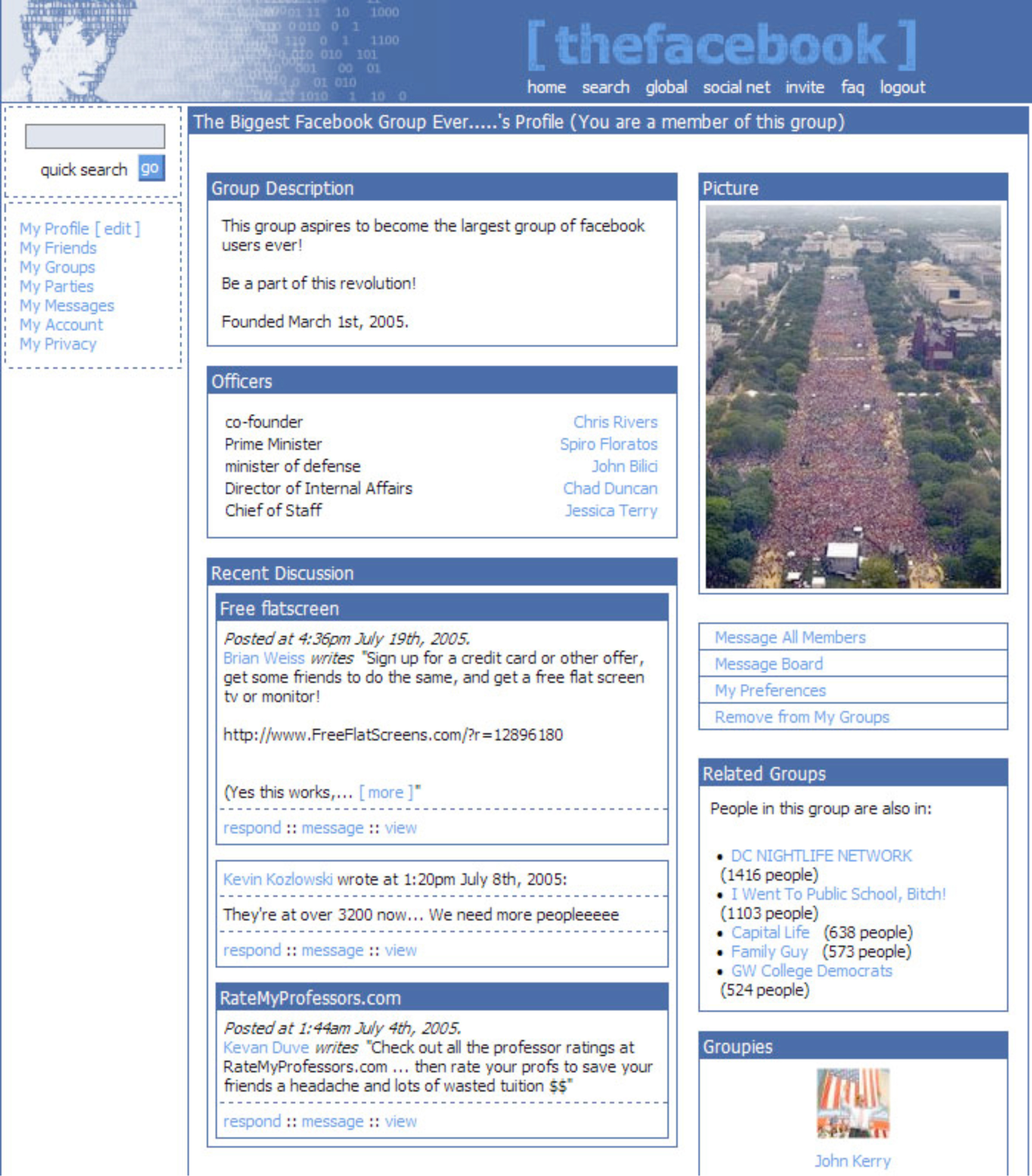
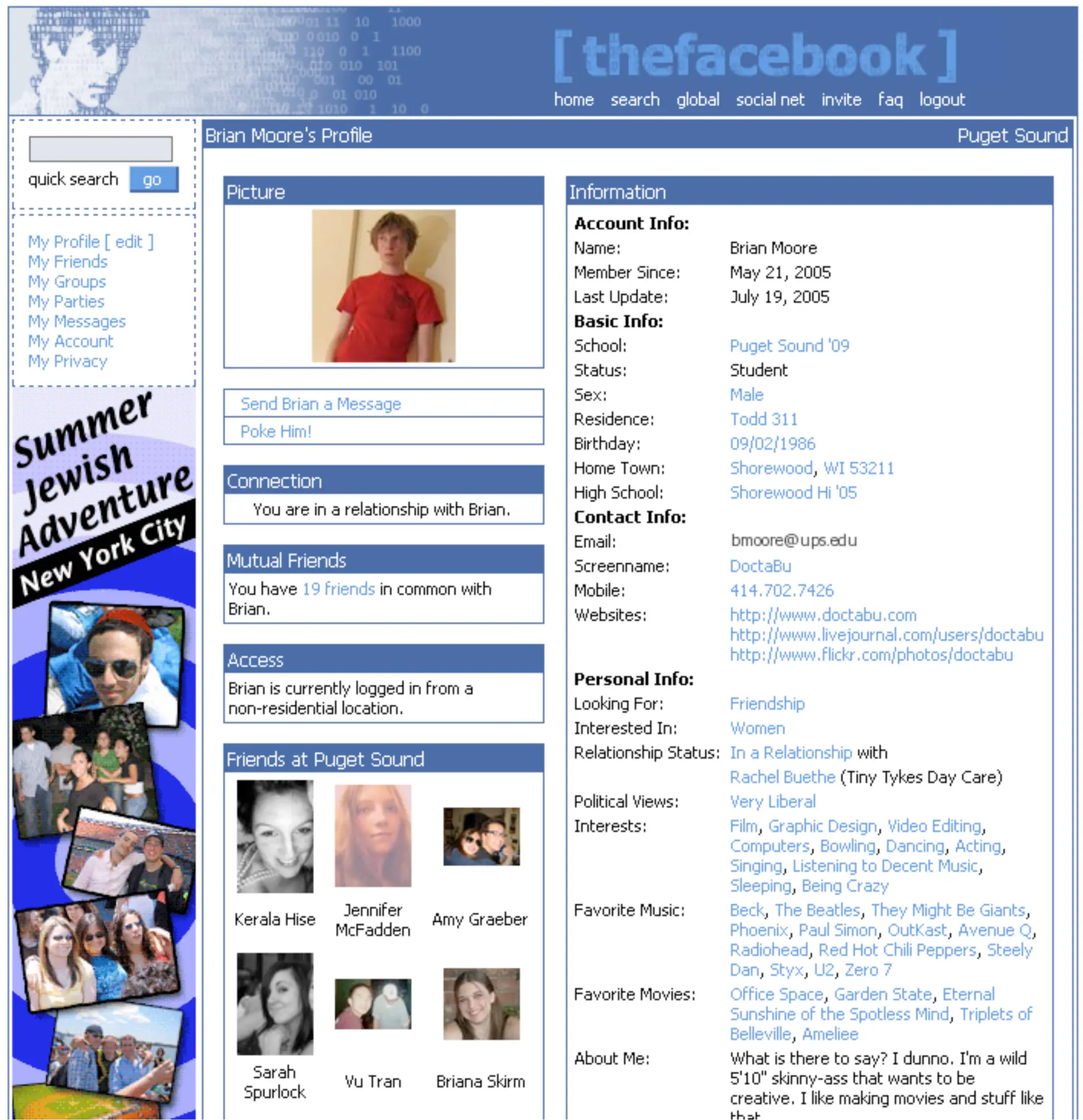
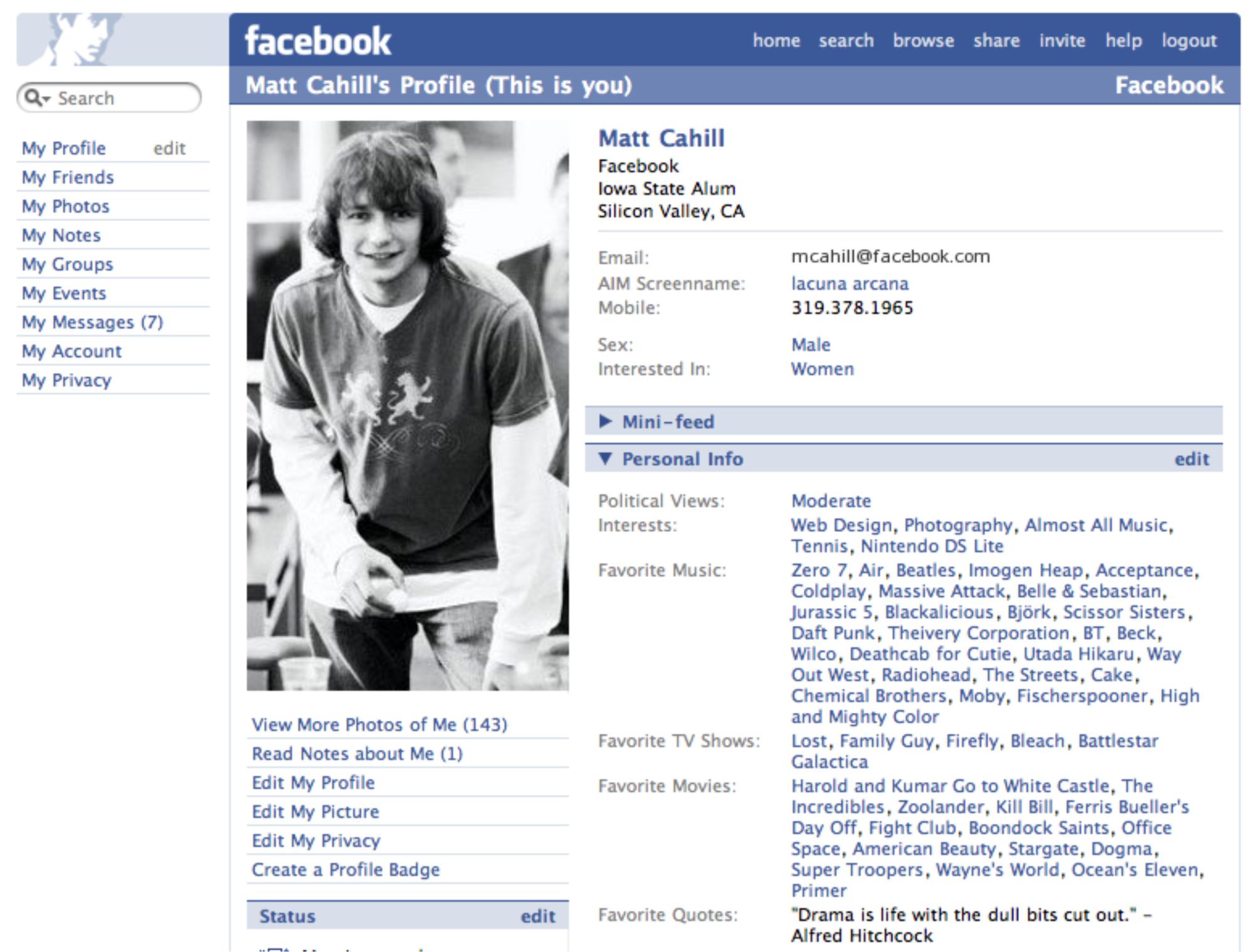
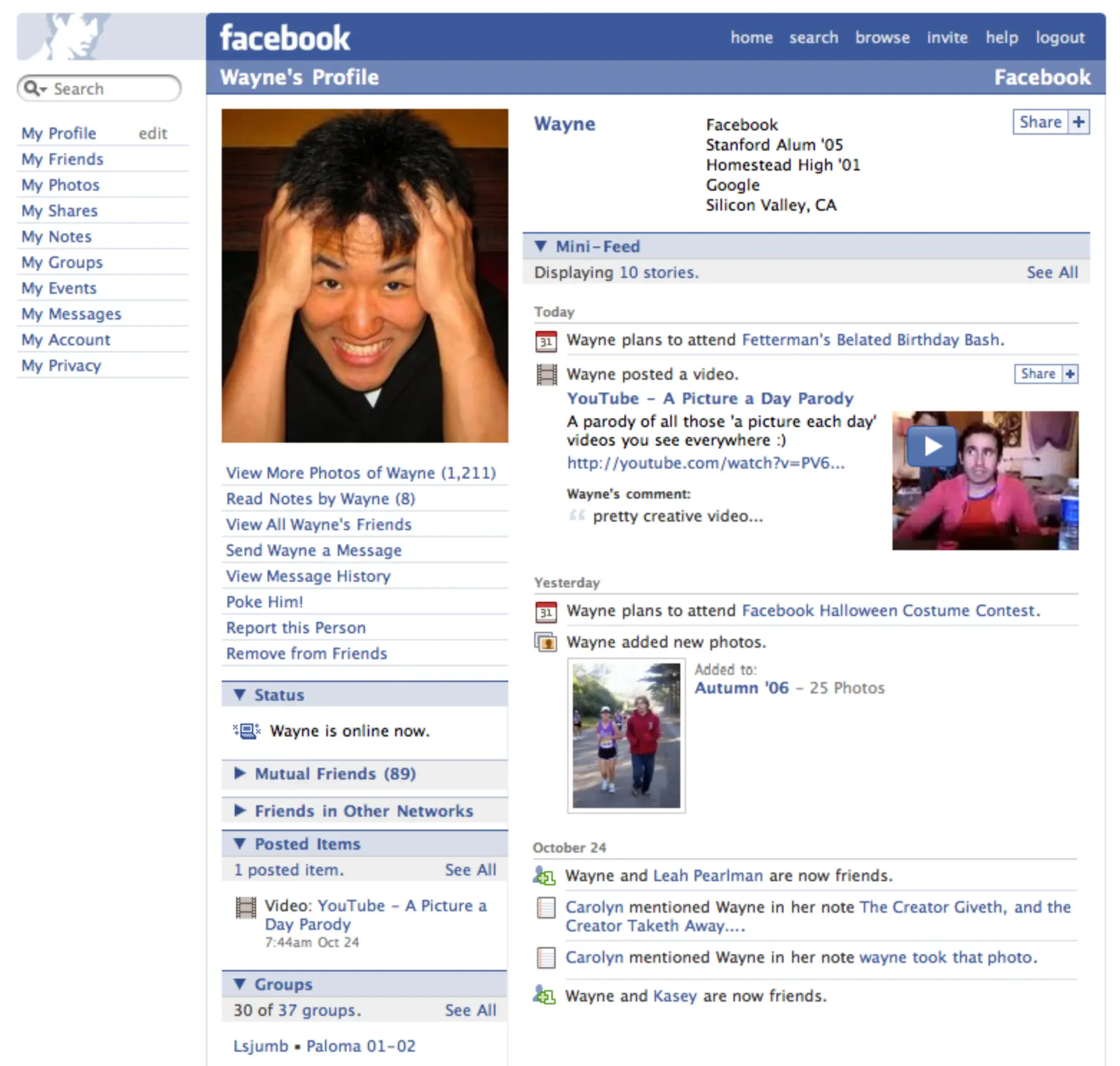
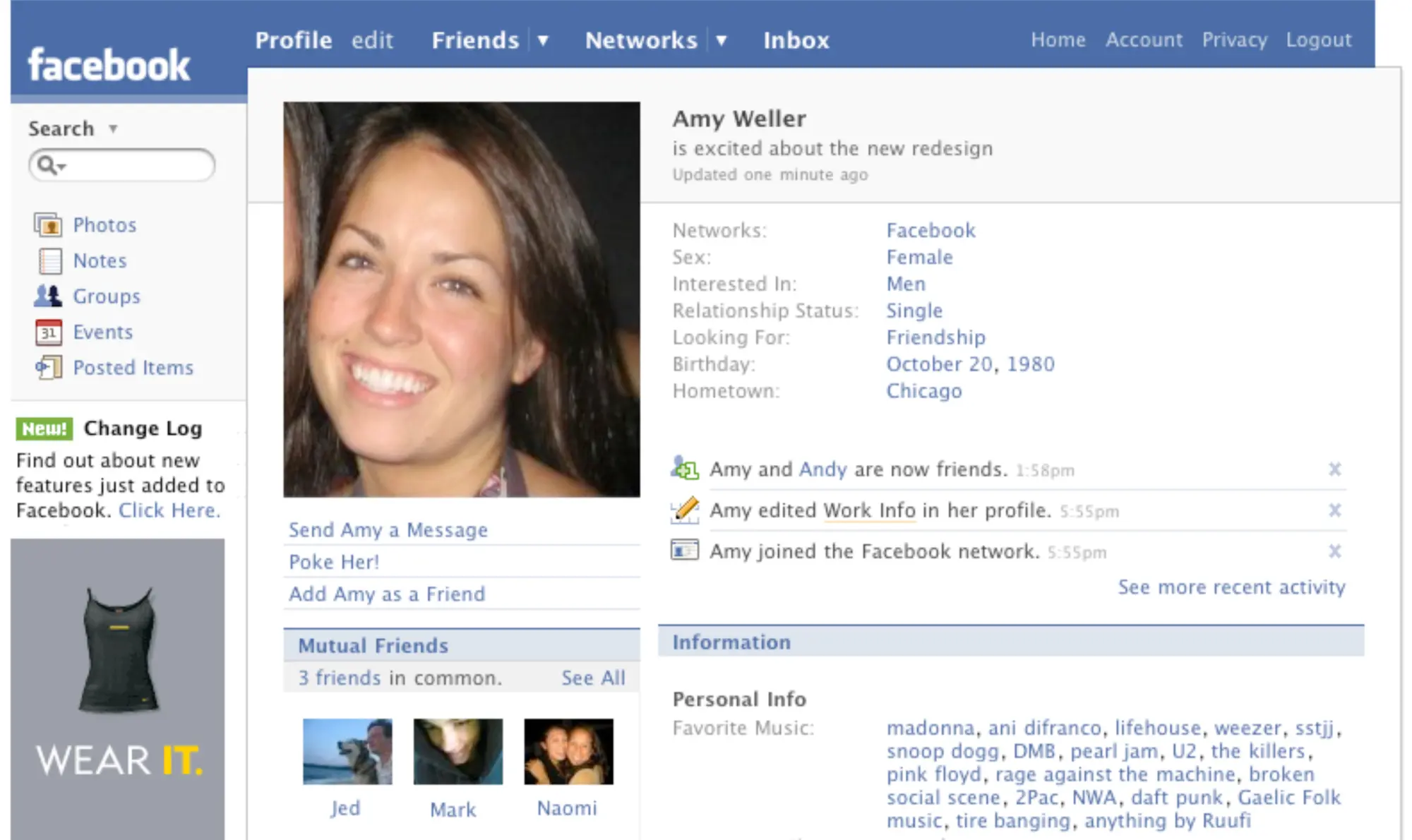
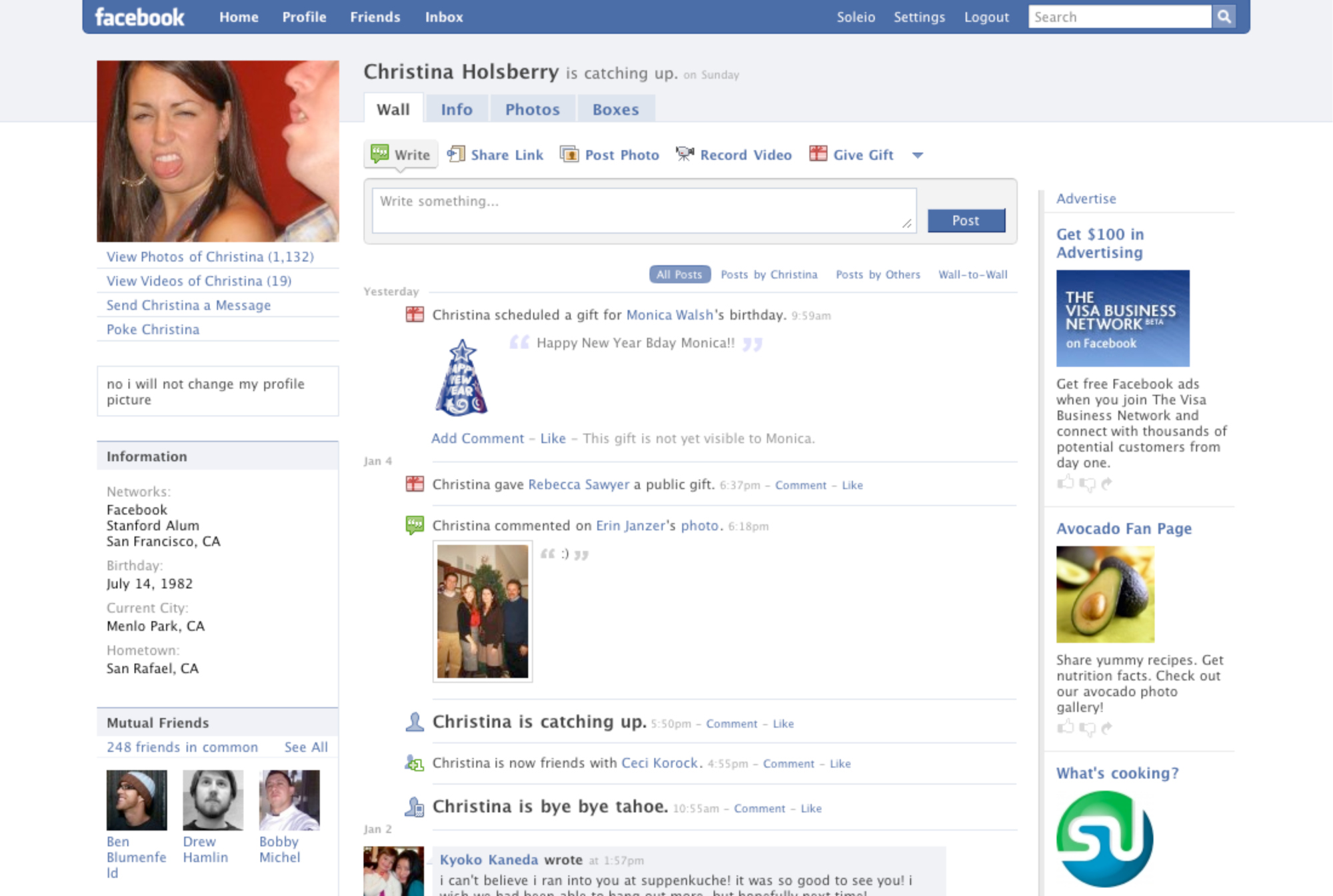
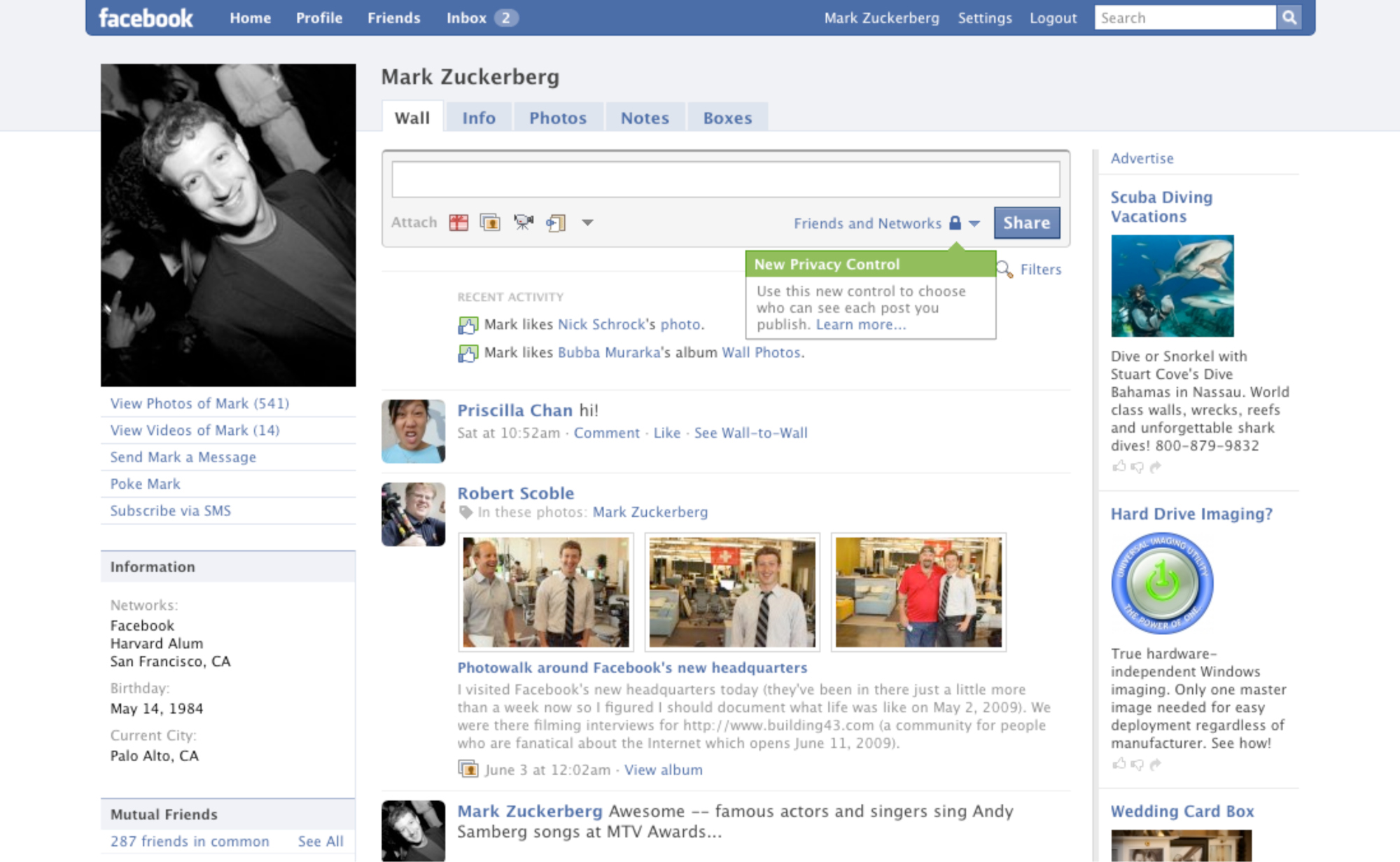
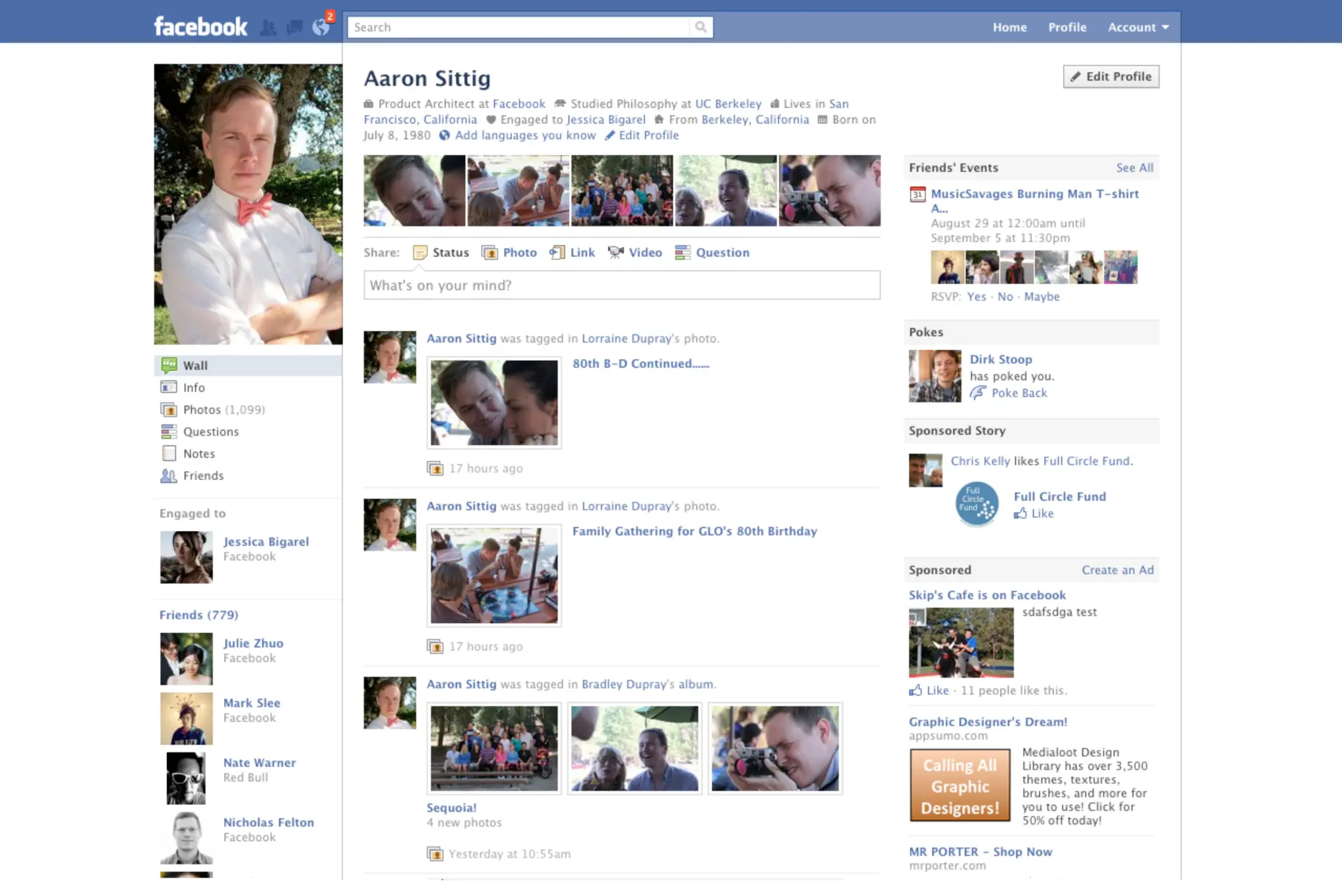




The “legacy contact” policy was established after families of the deceased had told Facebook they wanted to download and preserve the user’s photos and also post funeral announcements or other news. “By talking to people who have experienced loss, we realized there is more we can do to support those who are grieving and those who want a say in what happens to their account after death,” Facebook said in a statement.
Google announced a similar policy to “plan your digital afterlife” in 2013 to allow you to select “trusted contacts” to receive data from accounts such as Gmail or Google+.
Several state legislatures have debated the question of whether families can access someone’s digital assets after they die. Most large Internet companies, citing federal privacy laws, will not allow your family to access your account after death. Though some states — including Delaware and Virginia — allow parents or guardians to manage their deceased children’s accounts, in most areas, families must seek a court order to obtain the rights, which can take months or years.
Read next: How to Read the First Facebook Messages You Ever Sent—And 4 Other Hidden Facebook Tricks
More Must-Reads from TIME
- Breaking Down the 2024 Election Calendar
- How Nayib Bukele’s ‘Iron Fist’ Has Transformed El Salvador
- What if Ultra-Processed Foods Aren’t as Bad as You Think?
- How Ukraine Beat Russia in the Battle of the Black Sea
- Long COVID Looks Different in Kids
- How Project 2025 Would Jeopardize Americans’ Health
- What a $129 Frying Pan Says About America’s Eating Habits
- The 32 Most Anticipated Books of Fall 2024
Contact us at letters@time.com